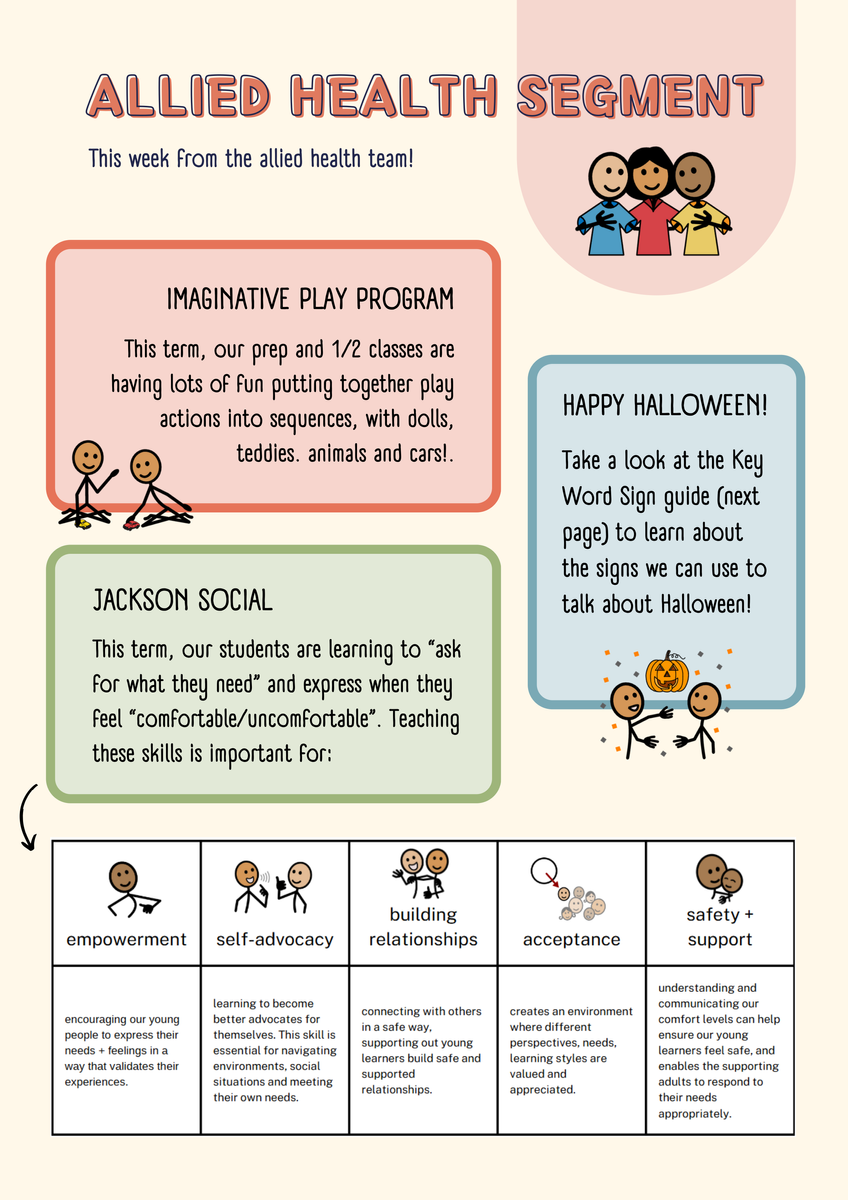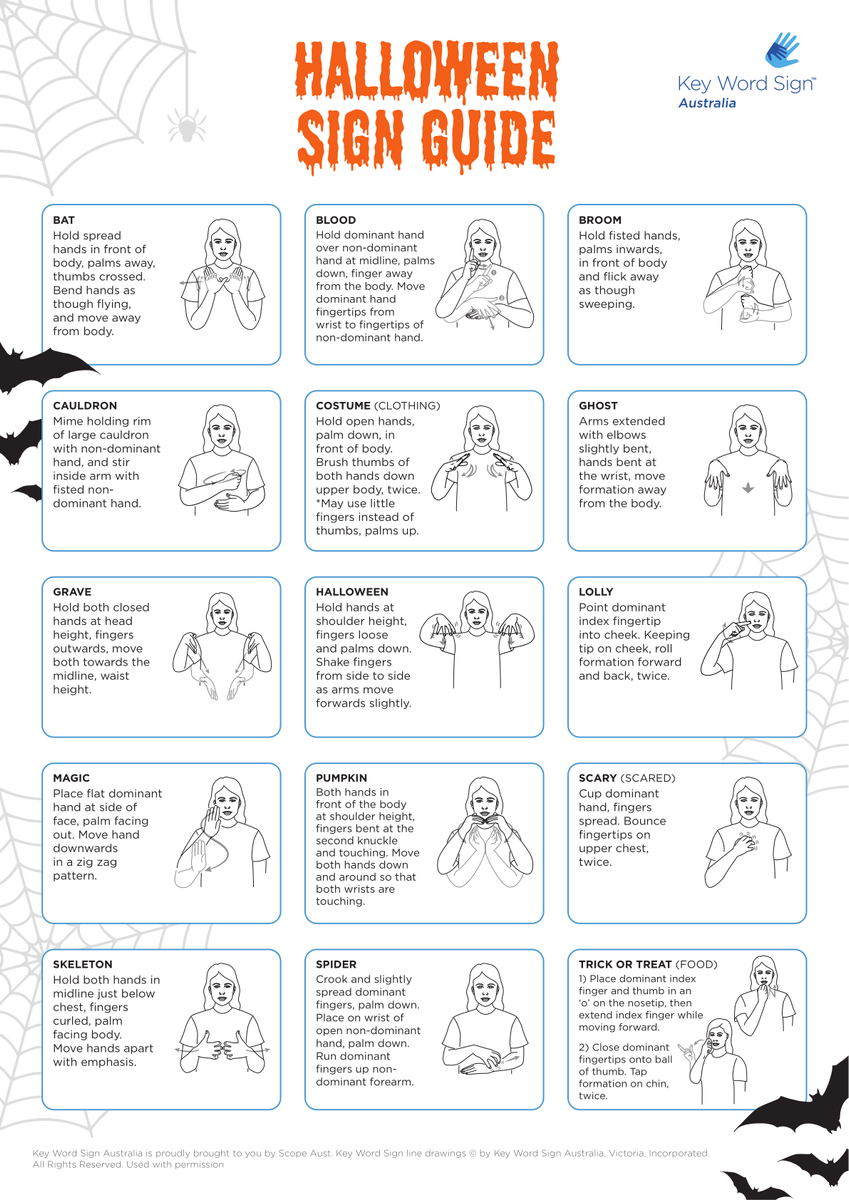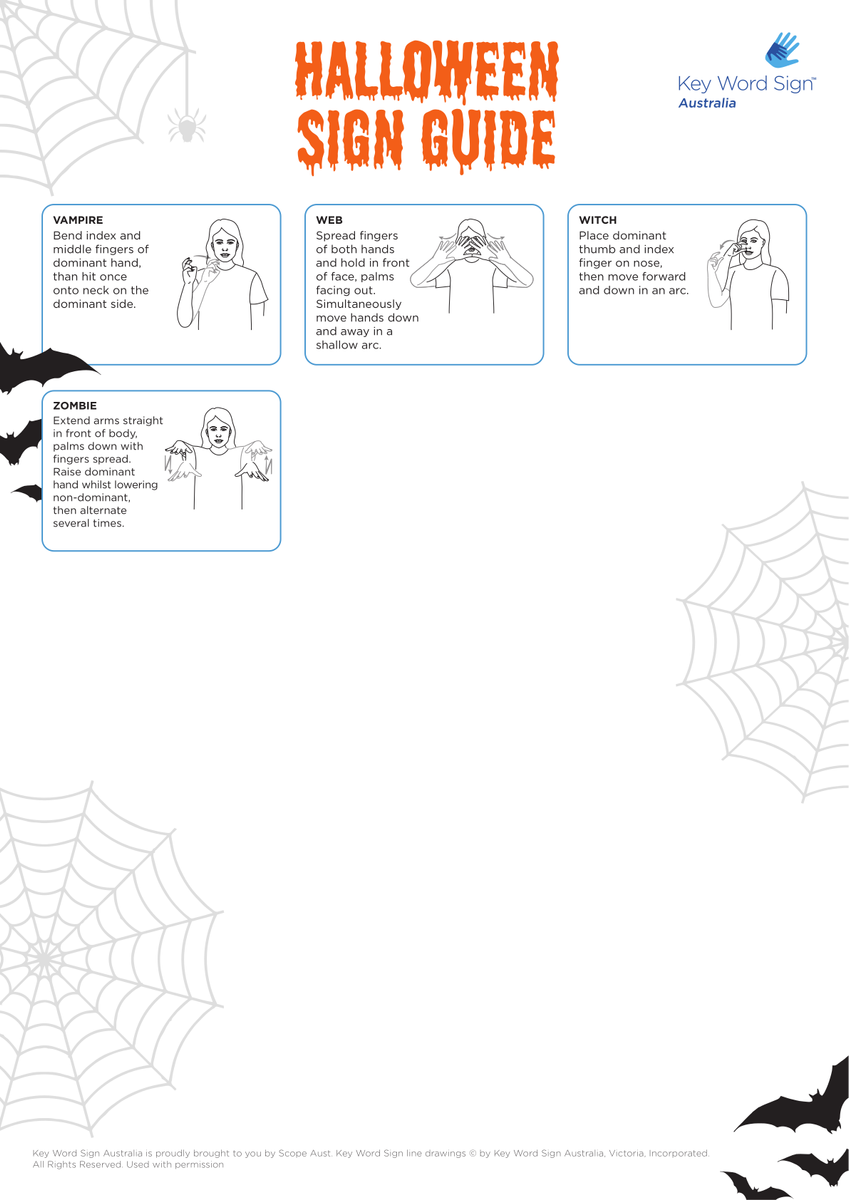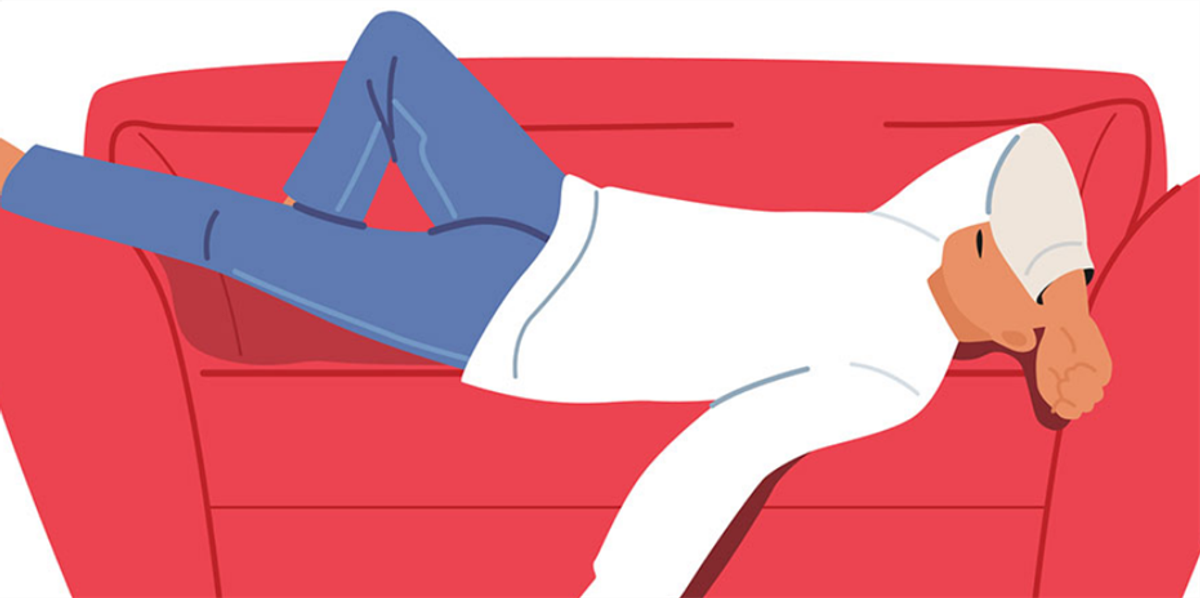Health & Wellbeing News

Too tired to exercise?
At the end of a long day, physical activity might be the last thing on your mind, yet plenty of people will tell you (and studies also support) that physical activity can leave you feeling more energised, not less.
Mood boost
Physical activity increases endorphins– those happy, feel-good hormones – which can drastically elevate mood and have you feeling ready to conquer the next task. Exercise can also reduce the stress and anxiety causing hormones that may contribute to feelings of fatigue.
Getting your recommended amount of physical activity doesn’t have to mean a 30-minute workout every day. Spreading it out into smaller blocks can make it easier to fit in and can give you that quick lift.
Moving our bodies also increases blood flow to the brain, improving concentration, creativity and memory. So, a short exercise break may give your mental energy a boost too.
Long-term fitness gain
Regular exercise, especially the kind that gets you just a little out-of-breath, gives your cardiovascular system a workout. Your cardiovascular system works to get more oxygen and nutrients to the muscles, tissue, and your brain. When your muscles are healthier and your heart and lungs are working better, your endurance improves, you have more energy, feel less tired and everyday tasks are easier.
It’s recommended that adults aim for 2.5 to 5 hours of moderate activity each week. Moderate activity is any exercise that increases your heart rate but doesn’t make you breathless. A brisk walk is a good example. If you can manage more vigorous activity that makes you breathe heavily, then the recommended amount is between 1 hour 15 minutes and 2 hours 30 minutes each week.
As with all physical activity, you can spread cardiovascular exercise throughout your day too. Shorter bursts of activity still count.
Better sleep
It is estimated that 1 in 4 Australian adults aren’t getting enough sleep. Not only can that lead to tiredness, but poor sleep has also been linked to several health-related problems.
Regular physical activity is one way to improve sleep. Studies have shown that people who get the recommended levels of moderate to vigorous physical activity are more likely to:
- sleep more than 6 hours a night
- experience good to excellent sleep quality
- fall and stay asleep more easily.
That said, doing exercise too close to bedtime can reduce the quality of your sleep (the body is in ‘exercise’ mode). For that reason, exercising during the day or just after work might be a better fit.
Not only does physical activity give you a boost, but it also gives you the motivation to keep on exercising. To start benefiting from the energy producing effects of exercise, try starting with something easy, like a walk. You’ll feel the energy in no time!
MAKE A MOVE TOWARD BETTER MENTAL HEALTH
The benefits of movement extend far beyond the physical.
Feeling a bit low, fatigued, isolated, and lacking motivation can be a bit of a barrier to physical activity. However, research shows though that movement can play an important role in shifting the dial towards better brain health.
Recent findings from the Australian Institute of Health and Welfare highlight how mental and physical health are intricately linked.
People who reported having a mental illness were much more likely to report having a chronic medical condition, and vice versa. Females were more likely than males to experience physical problems correlating to mental illness.
For many people, physical movement is a key factor for enhanced mental wellbeing, enabling them to live with less stress, greater confidence, and a kinder ageing process.
Nature’s antidepressant
Physical movement triggers the release of chemicals that preserve brain function, improve focus and kickstart the repair of damaged nerve cells. These chemicals have the added benefit of an immediate feelgood factor, acting as a circuit-breaker for a low mood.
Endorphins, which are often referred to as nature’s antidepressants, reduce pain perception and trigger a positive feeling, like that produced by morphine.
Terms like “runners high” can be attributed to dopamine (which regulates mood and motivation, among other functions) and serotonin (affecting mood, sleep, and sexual desire), which flood the body during activity. Both are depleted in people with depression; exercise is a natural way of stimulating their release.
In the mood for movement
Fancy less stress? Being physically active has a balancing impact on the hormones cortisol (the stress responder) and insulin (a metabolism and blood glucose regulator). Scientists have recently discovered insulin resistance increases a person’s risk of major depressive disorder. Exercise can help reduce or eliminate this hormonal condition, which is believed to affect as many as one in three Australians and often precedes a diagnosis of type 2 diabetes.
In women, fluctuating levels of oestrogen and progesterone create side effects and challenges at different life stages. Exercise can help in adapting to these changes and potential consequences including weight gain, osteoporosis (bone loss) and menopausal symptoms such as insomnia, hot flashes, and depression.
One study comparing Australian women across various life stages found that exercisers were more positive and had better memory than non-exercisers. Another study on the effects of aerobic exercise concluded that it may assist in the alleviation of some menopausal symptoms.
Movement for self-love
Fear of judgement is a major factor preventing girls and women from being physically active. But those who view their bodies as functional through exercise report greater body satisfaction and self-image. Increasingly, health campaigns are encouraging females of all ages to reject unrealistic body images and move, sweat, and jiggle with confidence – another reason to feel good.
Consider these tips when moving for a healthier mind:
- Start small and at your own pace – Enjoyable movement is sustainable movement!
- Socialise your exercise – Connecting with others is a rewarding way to move more.
- Get out and about – Fresh air and a change of scene cost nothing but bring a raft of payoffs for mind and body.
- Celebrate feeling great – Focus on how you feel over how you look.
Mental health is complex, and a range of support and care may be required to address individual needs. But lifestyle factors including physical activity have an important role to play in boosting brain health. Get moving today – and every day – to experience the benefits of the mind-body link.






